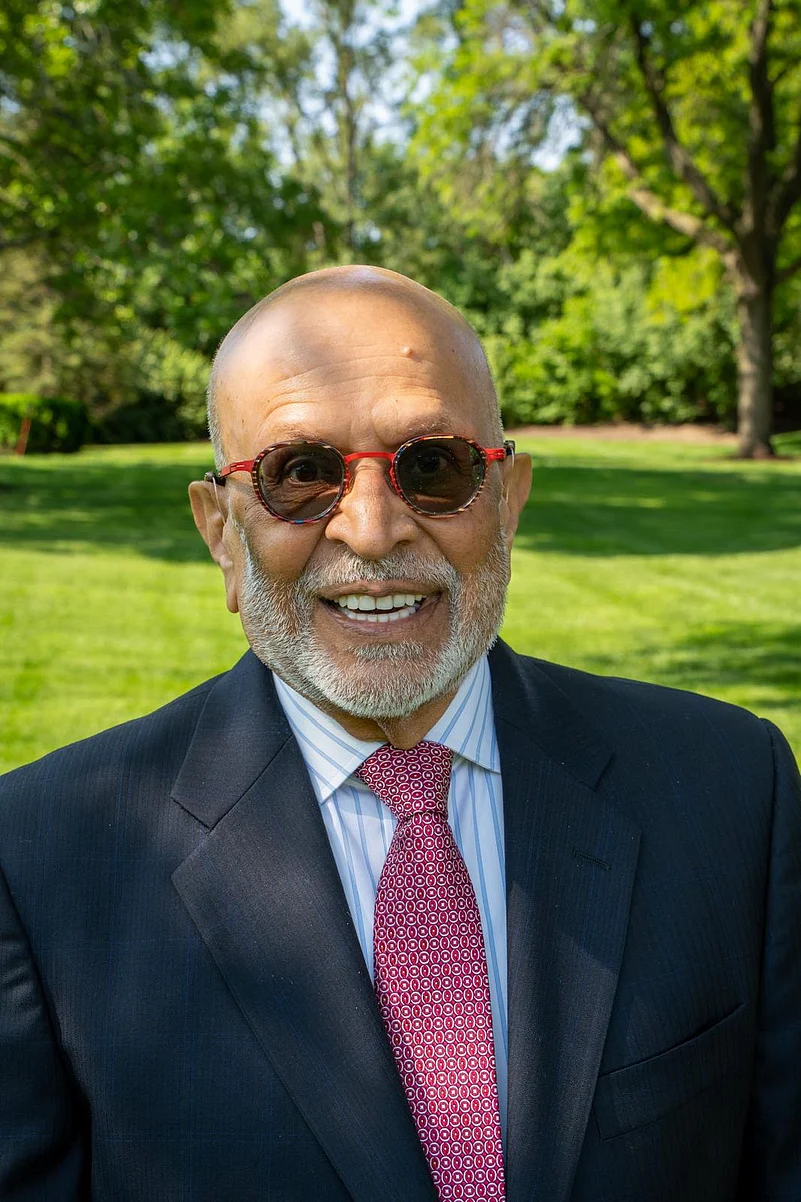In the dusty lanes of post-independence New Delhi, where colonial echoes still lingered in language, architecture, and aspiration, a young boy sat quietly under a pipal tree beside his mother, listening to sacred stories whispered like prayers. It was an uncommon childhood that helped shape the early life of —author, civilizational thinker, and a notable literary voices emerging from India’s spiritual and intellectual traditions.
Born into a modest joint family in the heart of a newly sovereign India, Vivek’s early life was shaped by attentiveness. In a home filled with elders and evening tales, silence was revered, simplicity respected, and storytelling sacred. The material changes occurring across the subcontinent in the wake of independence did not blur his childhood vision but refined it—guiding his focus toward the deeper significance behind the developments of modernity.
His search for meaning began in earnest at the Ramakrishna Mission Centre, where his father—a first-generation college graduate—would take him occasionally for recitals. There, he experienced Swami Vivekananda’s towering presence through his spirit. At just eight years old, the boy chose the name—“Vivek,” meaning discernment. The decision was more than symbolic; it reflected an early sense of purpose. Years later, when he left for the United States—carrying Swamiji’s books in his suitcase—his journey led him to NASA, the University of Michigan, and the field of science and strategy. But the compass of his life remained pointed inward.
The roots of Vivek’s spiritual curiosity run deep and wide—grounded in folktales shared by his grandfather, the fragrance of sandalwood during temple visits, and the annual ritual of collecting firewood for Holika Dahan, where the tale of Prahlad and Holika symbolized the eternal triumph of truth over illusion. Though the words have faded, the feeling remains—a soul memory, as he describes it. Writing became his way of listening to that inner voice again, and eventually, answering its call.
That voice began asking hard questions—not just of the world, but of civilization itself. Why do we live in systems built on conquest rather than consciousness? What would a world rooted in dharma—ethics, balance, inner truth—look like in an age of AI, capitalism, and global chaos?
For Vivek, the East taught him to listen; the West taught him to act. He has never seen the two as opposites but as polarities of a greater whole. “Presence matters as much as performance,” he says, summarizing his approach to leadership. He views literature not merely as the transmission of ideas, but as a bridge connecting hearts across generations and civilizations.
In a world increasingly divided by ideology, speed, and spectacle, Vivek’s thought offers a rare integration. He draws freely from the Bhagavad Gita—a living scripture, he says, meant for debate, not dogma. He references J. Robert Oppenheimer’s chilling invocation of the Gita after the atomic bomb test as a reminder of what happens when power advances without wisdom. He even sees in Star Wars echoes of Ramayana, warning against the amnesia of the West and the forgetfulness of the East.
Trained in the rigors of science, Vivek has no interest in romanticizing spirituality. Instead, he seeks their marriage. “Science maps patterns outside; spirituality reveals patterns within,” he explains. In his writing, discipline becomes the bridge. When rightly harnessed, science and spirit don’t compete—they complete.
This synthesis pulses through his new literary work, including Dominion and Dharma—a civilizational manifesto that reframes capitalism through the lens of ancient wisdom and planetary responsibility. For Vivek, the question is no longer whether AI will take over the world—but whether humans can awaken to themselves before it does.
Vivek Singhal writes for a generation seeking grounding. In an age where tradition is often set aside and technology holds growing influence, he presents an alternative approach: staying rooted while moving forward. He message suggests that tradition can guide rather than confine, AI can reflect rather than oppose, and progress does not necessarily require losing touch with one’s identity.
“I hope young people see themselves not just as inheritors of the world,” he says, “but as caretakers of its soul.”
In Vivek’s journey from the courtyards of New Delhi to the boardrooms of America and the practice of writing, there is a reflection of gradual change—characterized by subtlety rather than disruption, and by awareness rather than dominance.
And that, perhaps, is a defining aspect of his work.














